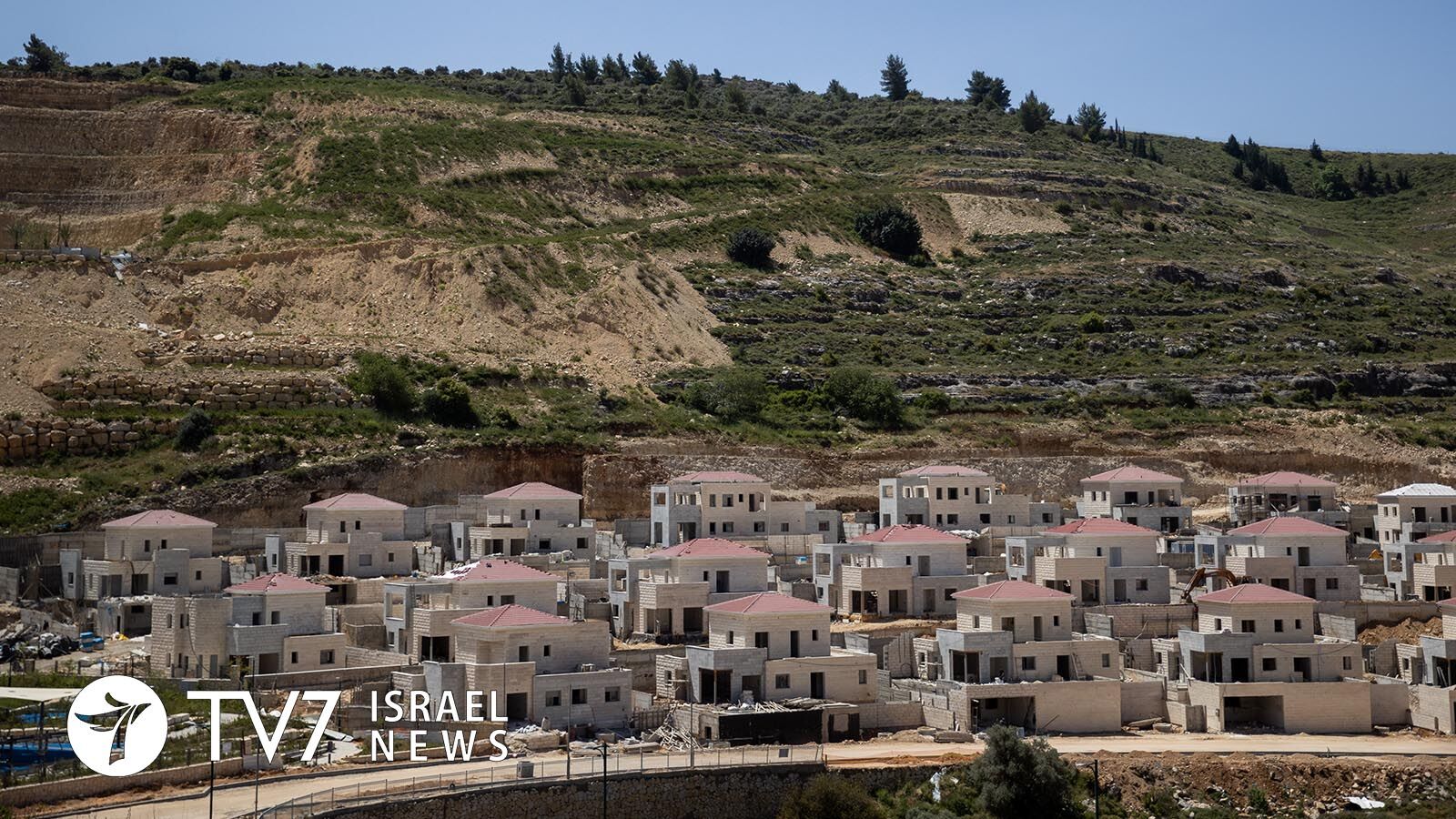The building of 4,427 new homes in Jewish towns in part of the West Bank was approved yesterday.
By Erin Viner
This according to the Peace Now rights and anti-settlement group, which provided the figure after the convening of Israel’s Higher Planning Council to ratify the construction. 2,791 homes were awarded official confirmation and another 1,636 received preliminary approval, said the watchdog organization.
Israel cites Biblical, historical and political connections to the territory as well as security needs to establish Jewish communities on land it captured in the 1967 Six Day War, although many world powers view the construction as illegal. 600,000 -750,000 Jews are estimated to have moved into the area.
No date was immediately given for the building, which is believed set to expand 22 of Israel’s 132 government-backed settlements. The plans reportedly retroactively ‘legalized’ two outposts in Area C, the 60% of the West Bank under full Israeli control according to the 1995 Oslo Peace Accords.
While there was no immediate government statement, Interior Minister Ayelet Shaked reacted to the declaration by Peace Now on Twitter, calling the move “a festive day for the settlement of Judea and Samaria,” which are the Biblical names for sectors in the West Bank.
Minister Shaked previously announced the plan to approve the new homes last week, prompting a statement of “strong” opposition from the administration of United States President Joe Biden. There was an 150% increase in settlements during former President Donald Trump’s time in office over the second term of his predecessor Barack Obama.
It’s the biggest advancement of settlement projects since the Biden administration took office, and comes just one month ahead of the June visit of the US President to Israel and the Palestinian Authority (PA).
According to a State Department press communiqué received by TV7 last year, Secretary of State Antony Blinken “emphasized” the belief by the administration of US President Joe Biden that “the Two-State solution is the best way to ensure Israel’s future as a Jewish and democratic state, living in peace alongside a viable and democratic Palestinian state.”
When asked about the housing council’s decision yesterday, a US Embassy Spokesperson reiterated remarks by the State Department after Shaked spoke last week.
“Israel’s program of expanding settlements deeply damages the prospect for a Two-State solution,” the State Department said on 6 May, in reference to Palestinian demands to establish a state in the West Bank, Gaza and east Jerusalem. The last attempted peace talks between the sides featuring the concept was in 2013-2014 during the Obama administration.
Washington’s efforts to mediate an agreement between the PA and Israel stalled in 2014.
Palestine Liberation Organization Executive Committee member Bassam al-Salhe reacted to the decision by urging Palestinians to “step up their struggle in the face of these settlement projects.” He went on to call on the international community “to take deterrent action against Israel to compel it to stop settlement and its aggression against our Palestinian people.”
United Nations Special Coordinator for the Middle East Peace Process Tor Wennesland also condemned Israel’s plans for the construction of Jewish homes, which he described as “unilateral and provocative.” He asserted that, “Continued settlement expansion further entrenches the occupation, encroaches upon Palestinian land and natural resources, and hampers the free movement of the Palestinian population.”
The Two-State solution to the Mideast conflict dates back to pre-state Israel. Arab leaders rejected both the 1937 Peel Commission and the 1947 United Nations Partition Plan for separate homelands. The UN General Assembly has steadily advocated a Two-State solution since the 1970s, but the Palestinians refused to endorse Israel’s right to exist until an indirect acknowledgement in their 1988 Declaration of Independence. Most peace negotiations since that time have been based on a Two-State solution, which was further anchored by the 2002 Saudi Arab Peace Initiative and subsequent UN Security Council Resolution 1397 that same year.
